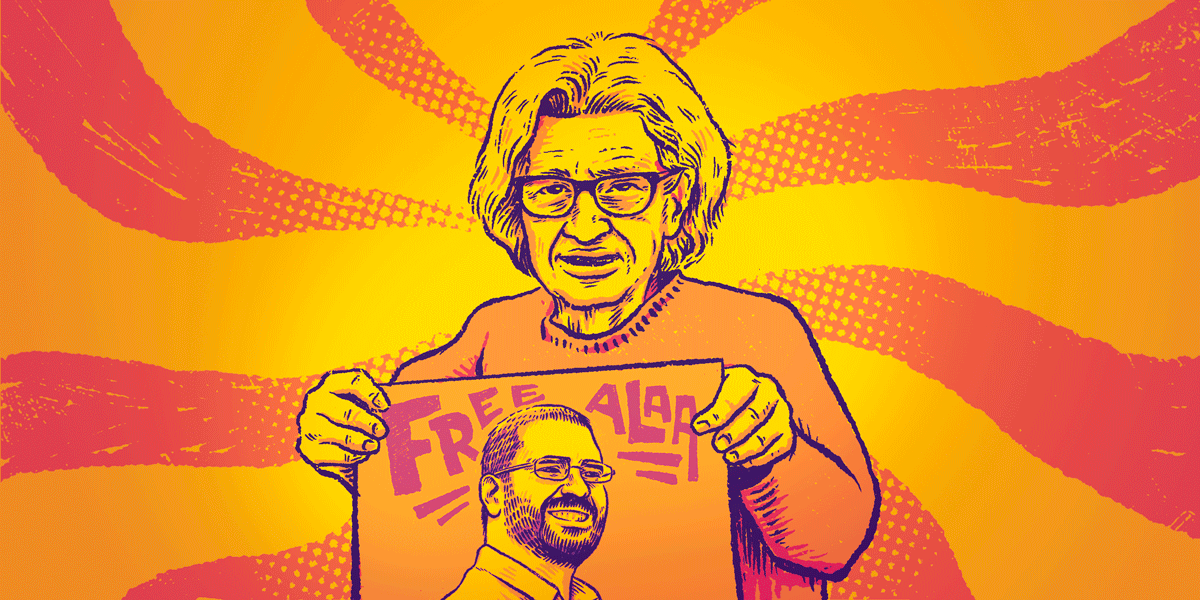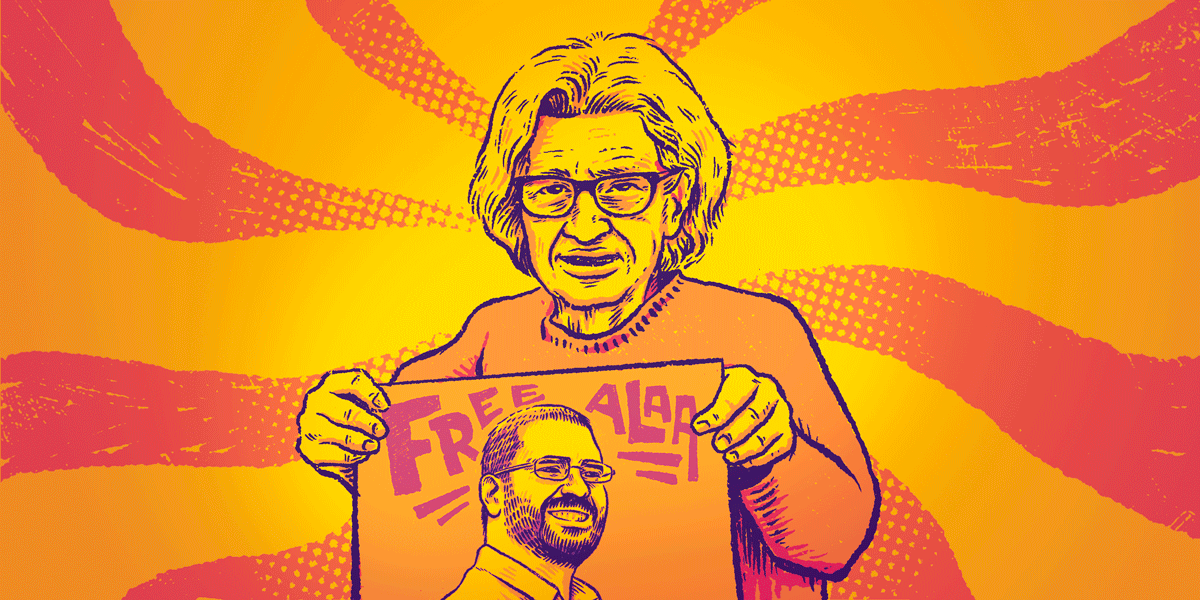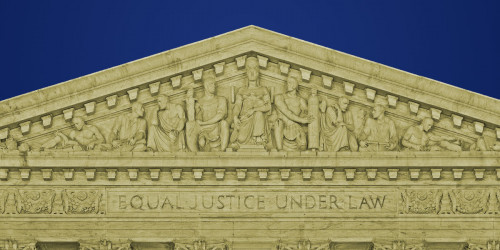It has now been nearly two months since UK Prime Minister Starmer spoke with Egyptian President Abdel Fattah el-Sisi, yet there has been no tangible progress in the case of Alaa Abd El Fattah, the British-Egyptian writer, activist, and technologist who remains imprisoned in Egypt.
In yet another blow to his family and supporters, who have been tirelessly advocating for his release, we’ve now learned that Alaa has fallen ill while on a sustained hunger strike protesting his incarceration. Alaa’s sentence was due to end last September.
Alaa’s mother, Laila Soueif, initiated a hunger strike beginning on his intended release date to amplify demands for her son’s release. Soueif, too, is facing deteriorating health, having to shift from a full hunger strike to a partial strike allowing for 300 liquid calories a day after being hospitalized in London, and following Starmer’s subsequent call with el-Sisi. Risking serious complications, today marks the 208th day of her hunger strike in protest at her son’s continued imprisonment in Egypt. Calling for her son’s freedom, Soueif has warned that she will resume a full hunger strike if progress is not made soon on Alaa’s case.
As of April 24, Alaa is on Day 55 of a hunger strike that he began on 1 March. He is surviving on a strict ration of herbal tea, black coffee, and rehydration salts, and is now being treated in Wadi El-Natrun prison for severe stomach pains. In a letter to his family on April 20, Alaa described worsening conditions and side effects from medications administered by prison doctors: “the truth is the inflammation is getting worse … all these medicines are making me dizzy and yesterday my vision was hazy and I saw distant objects double.”
Responding to Alaa’ illness in prison, Alaa’s sister Sanaa Seif stated in a press release: “We are all so exhausted. My mum and my brother are literally putting their bodies on the line, just to give Alaa the freedom he deserves. Their health is so precarious, I’m always afraid that we are on the verge of a tragedy. We need Keir Starmer to do all he can to bring Alaa home to us.”
Alaa’s case has galvanized support from across the UK political spectrum, with more than 50 parliamentarians urging immediate action. Prime Minister Starmer has publicly committed to pressing for Alaa’s release, but these words must now be matched by action. As Alaa’s health deteriorates, and his family’s ordeal drags on, the need for decisive intervention has never been more urgent. The time to secure Alaa’s freedom—and prevent further tragedy—is now.
EFF continues to work with the campaign to free Alaa: his case is a critical test of digital rights, free expression, and international justice.












